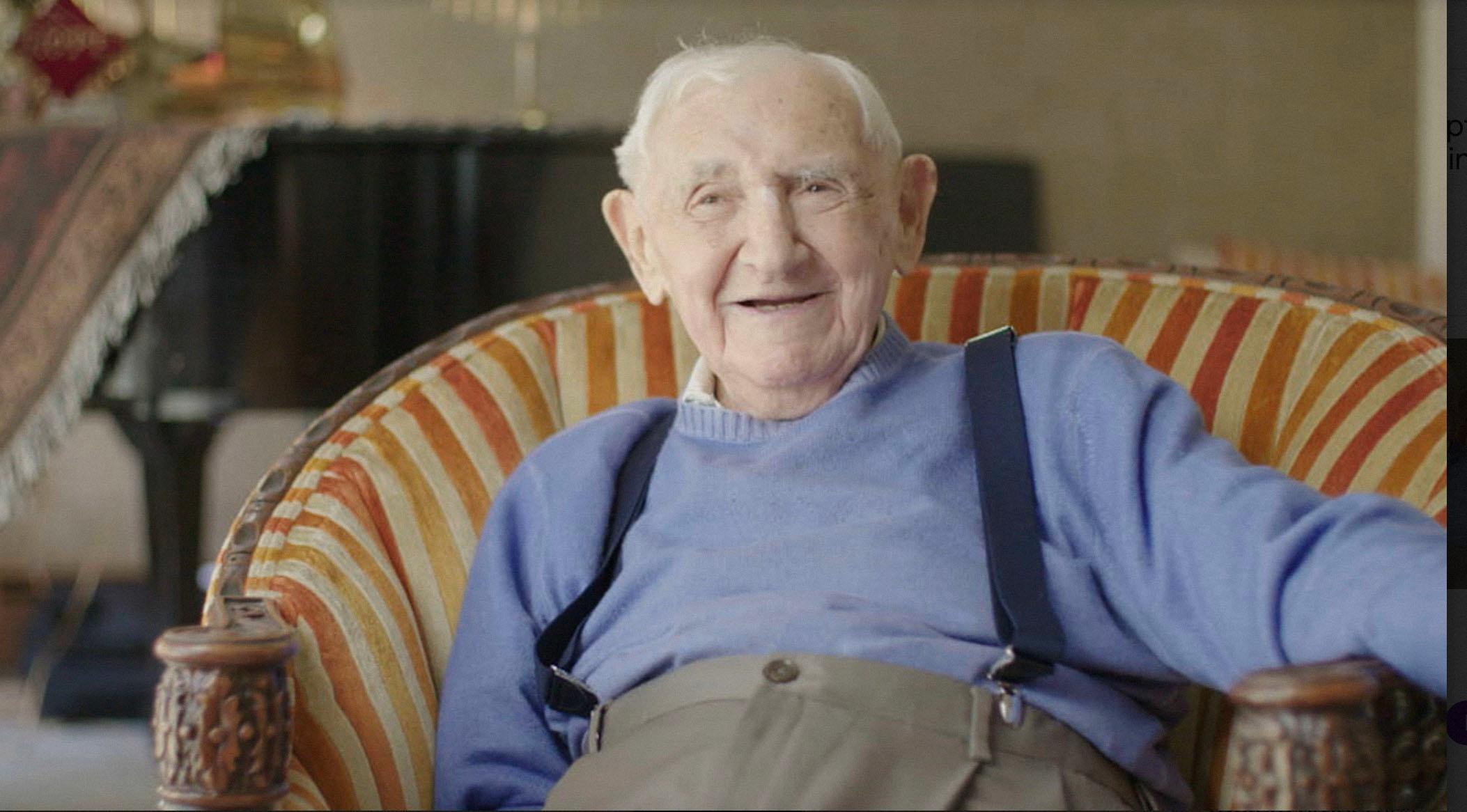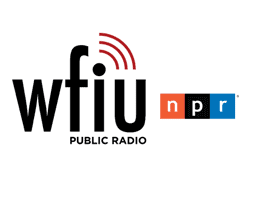
On April 18th, WTIU will observe Holocaust Remembrance Day, known as Yom Hashoah in Hebrew, refusing to forget the many human atrocities inflicted by the Nazi regime.
According to the US Holocaust Memorial Museum, this internationally recognized date falls on the 27th day of Nisan in the Hebrew calendar, marking the anniversary of the Warsaw Ghetto uprising. And surrounding this month, WTIU will honor the lives of those lost and share the necessary stories of those who survived.
Sunday, April 2
2:30PM – Eva A-7063
As a 10-year-old Mengele Twin, Eva Kor suffered the worst of the Holocaust. At 50, she launched the biggest manhunt in history. Now in her 80s, she circles the globe to promote the lesson her journey has taught: Healing through forgiveness. Narrator Ed Asner and an all-star cast celebrate a singular Hoosier making a worldwide impact.
Sunday, April 9
2:00 PM – Viral: Antisemitism in Four Mutations
Explore the recent rise in antisemitism, which is increasing in ways not seen since the 1930s, in the U.S. and Europe, and hear firsthand accounts from victims, witnesses and others who have experienced it.
7:00 PM – My Survivor
Who will tell the story of the Holocaust when the last survivor is gone? MY SURVIVOR documents the life-changing experiences of some of the 500 University of Miami students who forge intimate relationships with Holocaust survivors through an innovative internship program. Building powerful intergenerational bonds, students listen to survivors' first-hand accounts and come to embrace their cause to preserve the memory and lessons of the Holocaust.
Sunday, April 16
2:00 PM – Baba Babee Skazala: Grandmother Told Grandmother
The little-known story of Ukrainian children torn from their homes in the crush between the Nazi and Soviet fronts in World War II. Spending their childhood as refugees in Europe, these inspiring individuals later immigrated to the United States, creating new homes and communities through their grit, faith and deep belief in the importance of preserving culture.
Tuesday, April 18
10:00 PM – How Saba Kept Singing
Musician David "Saba" Wisnia always believed that he survived the horrors of Auschwitz by entertaining the Nazi guards with his beautiful singing voice. When his curious grandson, Avi, suspects there's more to the story, the pair embark on a journey that leads them into the mystery of Saba's past. How Saba Kept Singing tells a story about faith, family and the power of discovery, proving love can grow and take hold in even the grimmest of places.
Sunday, April 23
2:00 PM – Trezoros: The Lost Jews of Kastoria
Using never-before-seen pre-war archival footage and first-person testimonies, Trezoros: The Lost Jews of Kastoria chronicles the Jewish life and culture of Kastoria, a picturesque lakeside village in the mountains of Northwestern Greece, near the Albania border. Here, Jews and Greek Orthodox Christians lived together in harmony for more than two millennia until World War II, when this long and rich history would be wiped out in the blink of an eye. Trazoros (the Ladino/Judeo/Spanish term of endearment meaning "treasures") takes us from the joyful innocence of the pre-war years through the heartbreaking struggles of the Holocaust, to a unique place in time and history of a Greek Jewish culture lost forever.
Sunday, April 30
2:00 PM – Can We Talk? A Conversation About Antisemitism
Hosted by award-winning PBS journalist Ray Suarez, WEDU's "Can We Talk? A Conversation About Antisemitism" amplifies voices from across the spectrum on antisemitism and the alarming rise of hate incidents in our own backyard. Featuring ordinary citizens, Rabbis, law enforcement, students and community leaders, Can We Talk shines a spotlight on the unique challenges faced by the Jewish community today.
7:00 PM – Ruth Weiss, The Beat Goddess
In a life that has spanned 92 creative years, ruth weiss is one of the most influential writers of the Beat Generation who revolutionized and empowered the world of poetry. Born to a Jewish family during the rise of Nazism, as a 10-year- old refugee, she escaped to the United States. ruth became a Jazz troubadour exemplifying the zeitgeist of Chicago, New Orleans, and San Francisco.In the 1950s, she opened up and organized the first poetry readings in North Beach cafes and bars, giving a platform to many poets. The film further highlights ruth weiss' electrifying and intimate poetry with breathtaking images of exquisite modern dance, art, animation, and music to embody her oeuvre.







